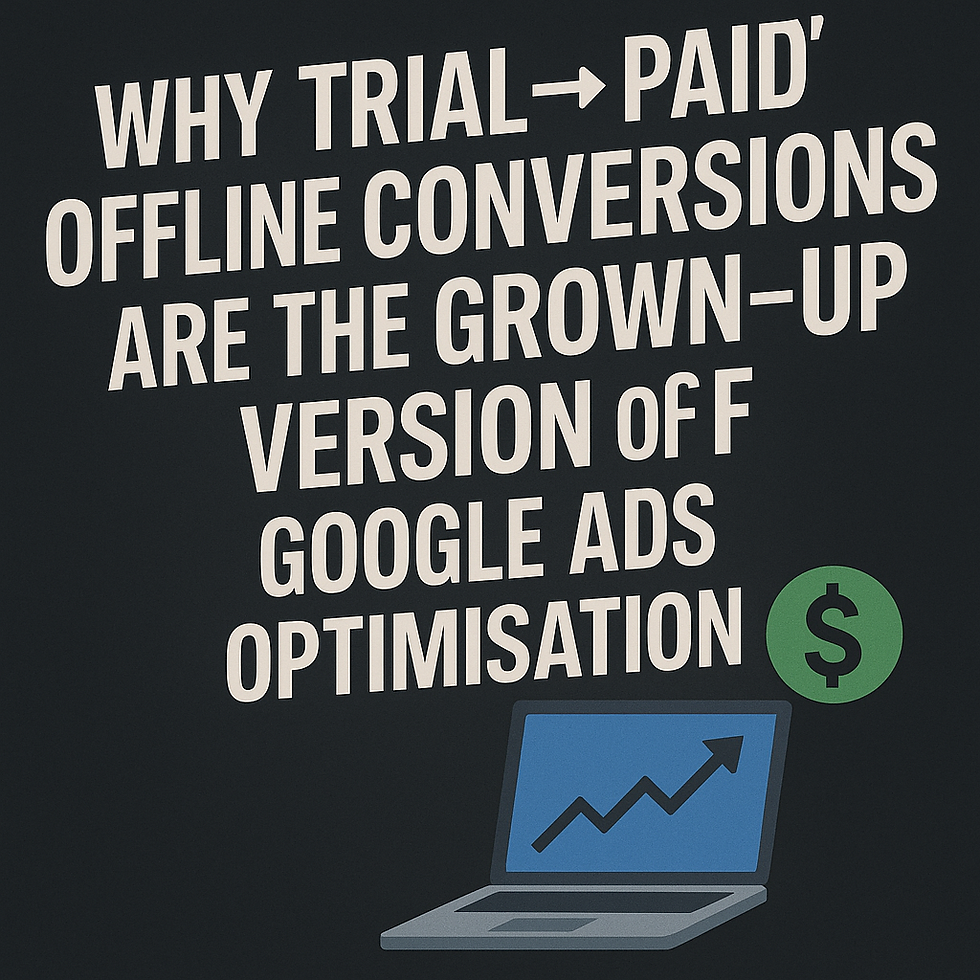Gemini vs. ChatGPT – Between the Fact Machine and the Storyteller
- Veronika Höller
- 25. Aug. 2025
- 3 Min. Lesezeit
Google loves big announcements. “Gemini will change everything,” they said. And let’s be honest: Gemini is not a cute little chatbot that drafts your grocery list. It’s a machine designed to merge Google’s index with real-time AI processing. It doesn’t just read your text – it dissects it, pulls in tables, images, video transcripts, audio files, and decides whether your content is a reliable source or just another voice in the noise.
Meanwhile, ChatGPT plays a different game. It’s the charming conversationalist, the creative brainstormer, the tool that spins stories and sometimes sounds almost poetic – even when it hallucinates facts. Gemini is the examiner. ChatGPT is the drinking buddy. And the truth for us in digital marketing is: if your content only works in one of these worlds, you’re already losing.
Gemini isn’t a ChatGPT clone
Gemini doesn’t want to rewrite your blog posts. It wants to restructure the web. It maps entities, checks the Knowledge Graph, and evaluates authority.
Here’s a real-world example: A finance site with well-maintained FAQ schema, updated charts, and descriptive alt text for every graph will likely get pulled into a Gemini answer block. A competitor with slicker copy but zero schema? Invisible. Gemini doesn’t care how pretty you write – it cares how cleanly you deliver.
ChatGPT, on the other hand, thinks in conversations. Ask it for a strategy, and you’ll get a flowing, almost coach-like narrative. Facts might wobble, but the delivery keeps people engaged. Gemini hallucinates less but sounds bureaucratic. ChatGPT inspires; Gemini audits.

Espresso vs. Red Wine
Think of it like this: Gemini is espresso. Short, strong, factual. It wakes you up but doesn’t tell you a story. ChatGPT is red wine. Deep, elegant, sometimes fuzzy, but it lingers.
The question isn’t which is better. The question is: Do you want your content in AI answers, in human conversations – or both?
Where Gemini plays harder
Structured Data is non-negotiable. Without schema, your content is like a product without a barcode: technically there, but unscannable. FAQ, HowTo, Organization markup – those aren’t “nice extras” anymore, they’re the ticket in.
Freshness is survival. Gemini treats old content like expired groceries. An “evergreen” article that hasn’t been touched in years isn’t evergreen – it’s compost. Updating dates won’t save you; Gemini wants real changes: new stats, fresh screenshots, updated internal links.
RAG indexing (Retrieval-Augmented Generation) punishes sloppiness. If your canonicals are broken or your duplicate content is piling up, Gemini won’t fight to understand you. It just moves on to a cleaner source.
Topical Maps decide authority. Gemini thinks in semantic clusters, not keywords. If your content isn’t connected – if it floats around like loose scraps of paper – you’re not an authority, you’re noise. That’s why so many publishers are vanishing from AI Overviews: plenty of content, zero structure.
Case Study: When Evergreen dies
One SaaS brand came to me complaining that their once high-performing evergreen article was no longer surfacing. The content was solid, but untouched for two years. No schema, no updated data, no fresh links.
Gemini’s reaction? Ignore it. Instead, it pulled in a competitor’s fresher piece that wasn’t necessarily better written – just maintained. The message is brutal but clear: evergreen is only evergreen if you water it.
Case Study: Topical chaos
Another brand had 200+ blog posts about email security. Sounds authoritative, right? The problem: zero structure. No taxonomy, no interlinking, no clusters. For users, it was a messy archive. For Gemini, it was white noise.
The fix? Building a topical map – pillars, clusters, semantic links. Only then did Gemini start treating them as a source worth citing.
Best practices without the checklist
If you want visibility in Gemini, you have to stop treating content like one-off campaigns. Articles are living assets. Schema isn’t a nerdy extra; it’s the barcode. Internal linking isn’t “SEO decoration”; it’s the nervous system. And freshness isn’t optional – it’s survival.
But don’t forget ChatGPT. Technical hygiene won’t make you memorable in conversations. For ChatGPT, you need stories, examples, and a human voice. Gemini gets you into answers. ChatGPT gets you into people’s heads.
Conclusion - Hybrid or nothing
This isn’t Gemini vs. ChatGPT. The real race is: can your content thrive in both ecosystems?
Gemini is the fact machine. It makes you visible in answers.ChatGPT is the storyteller. It makes you relevant in discussions.
The brands that master both will dominate. The ones that don’t? They won’t be talking about rankings – they’ll be asking where their traffic went.
💡 Takeaway:SEO isn’t about SERPs anymore. It’s about LLMs. Gemini demands technical brilliance. ChatGPT demands humanity. And if your content doesn’t deliver both, you’ll vanish.



Kommentare